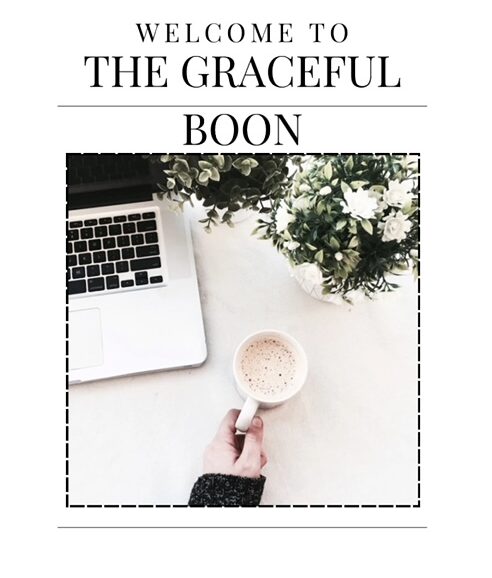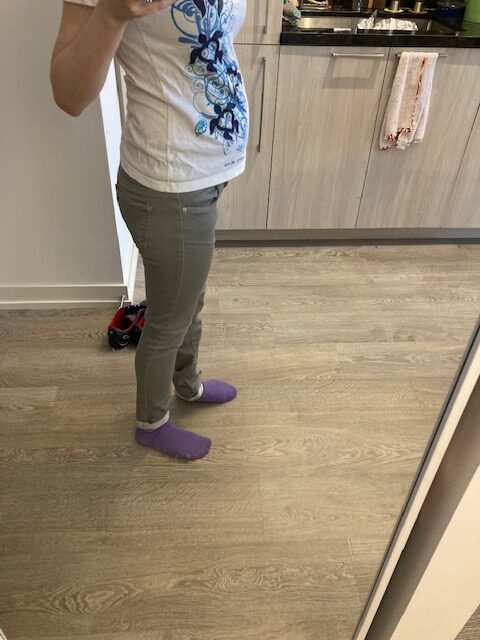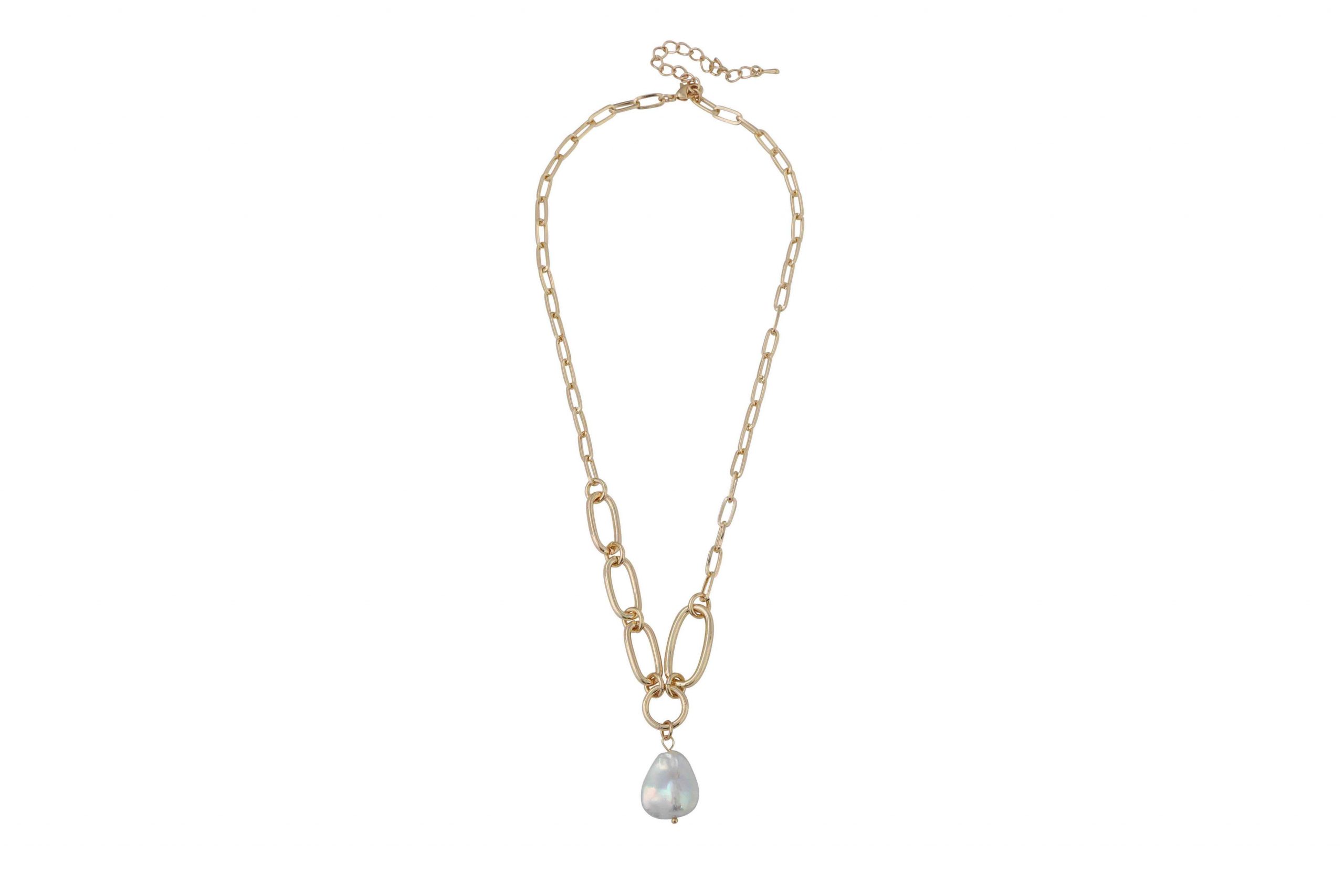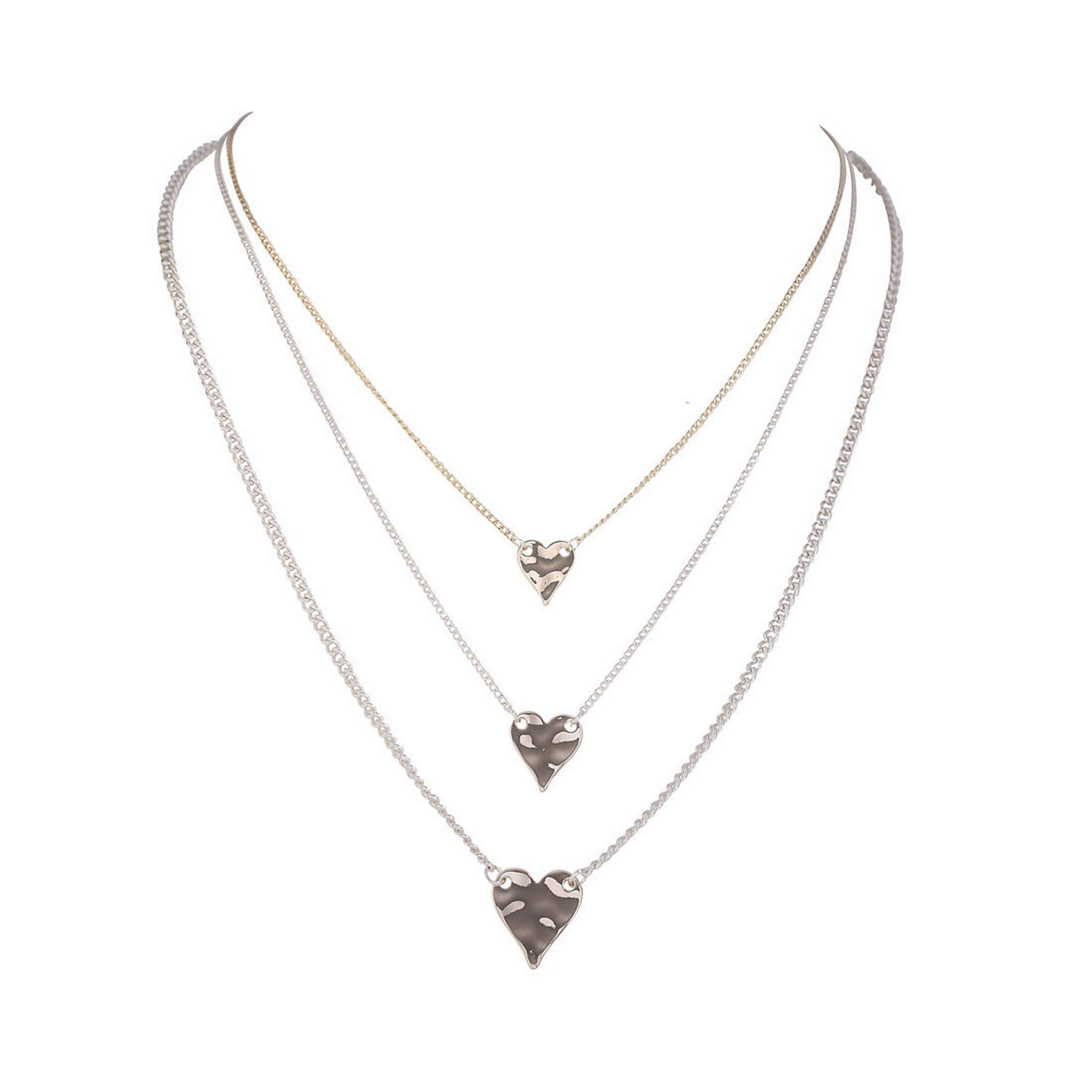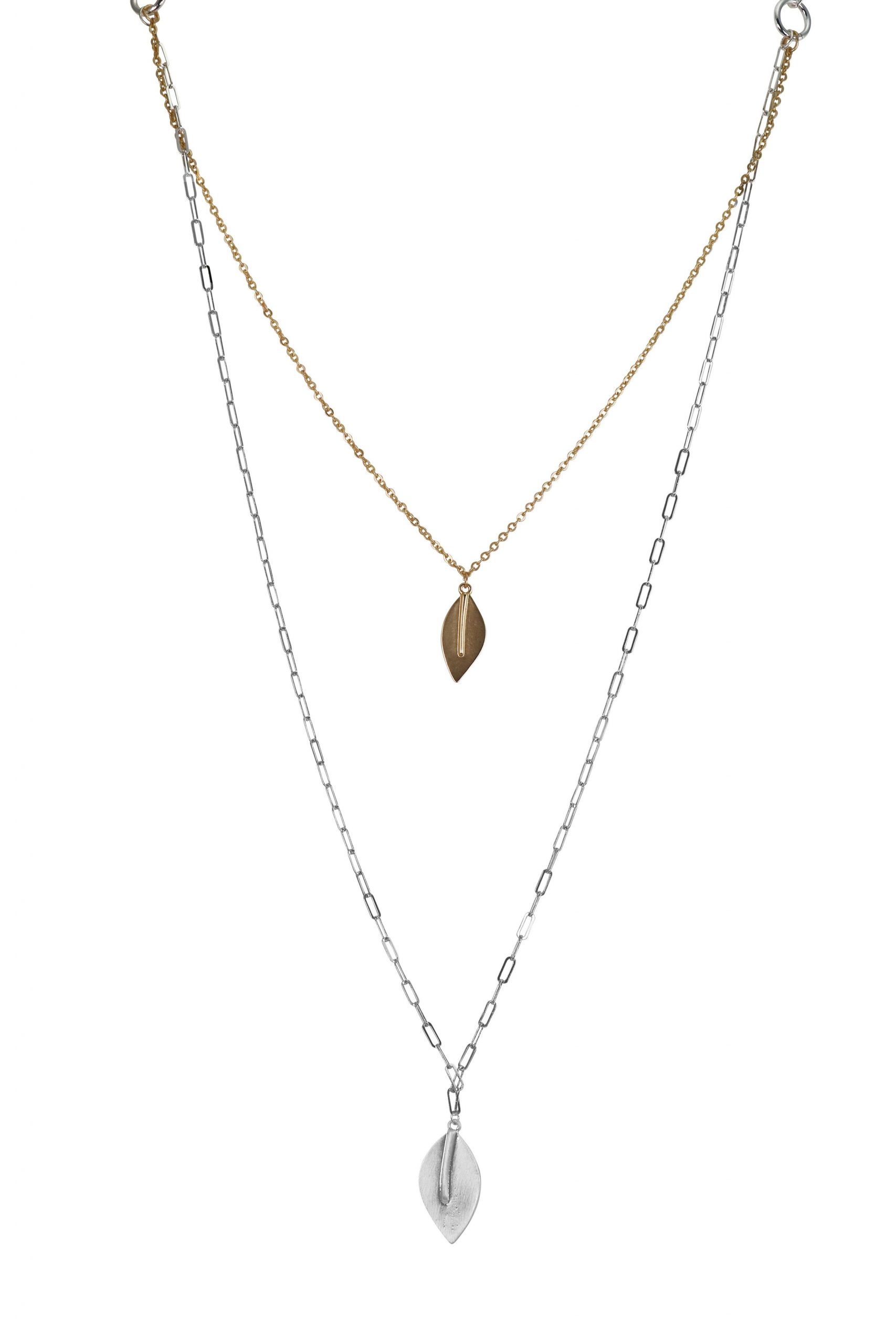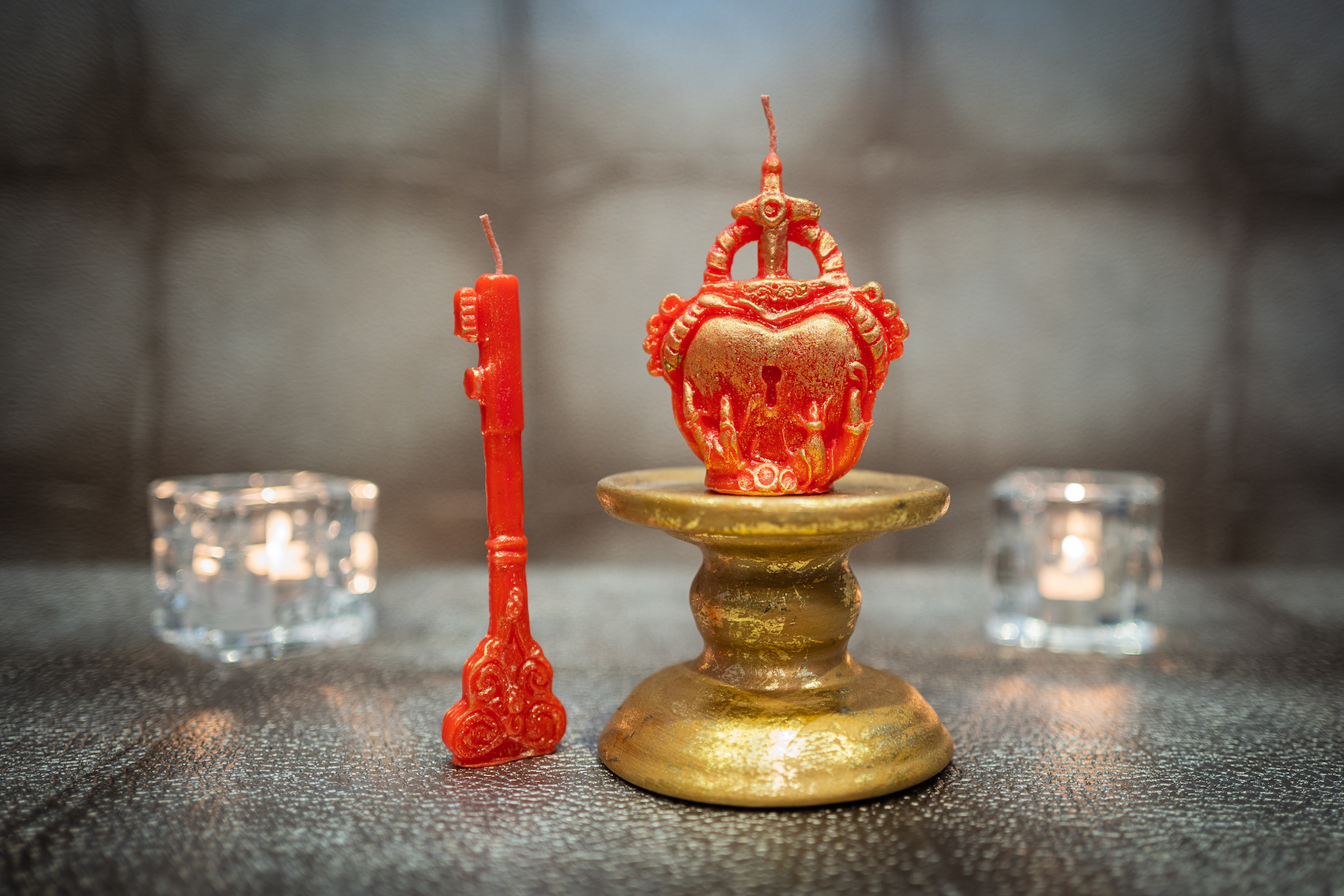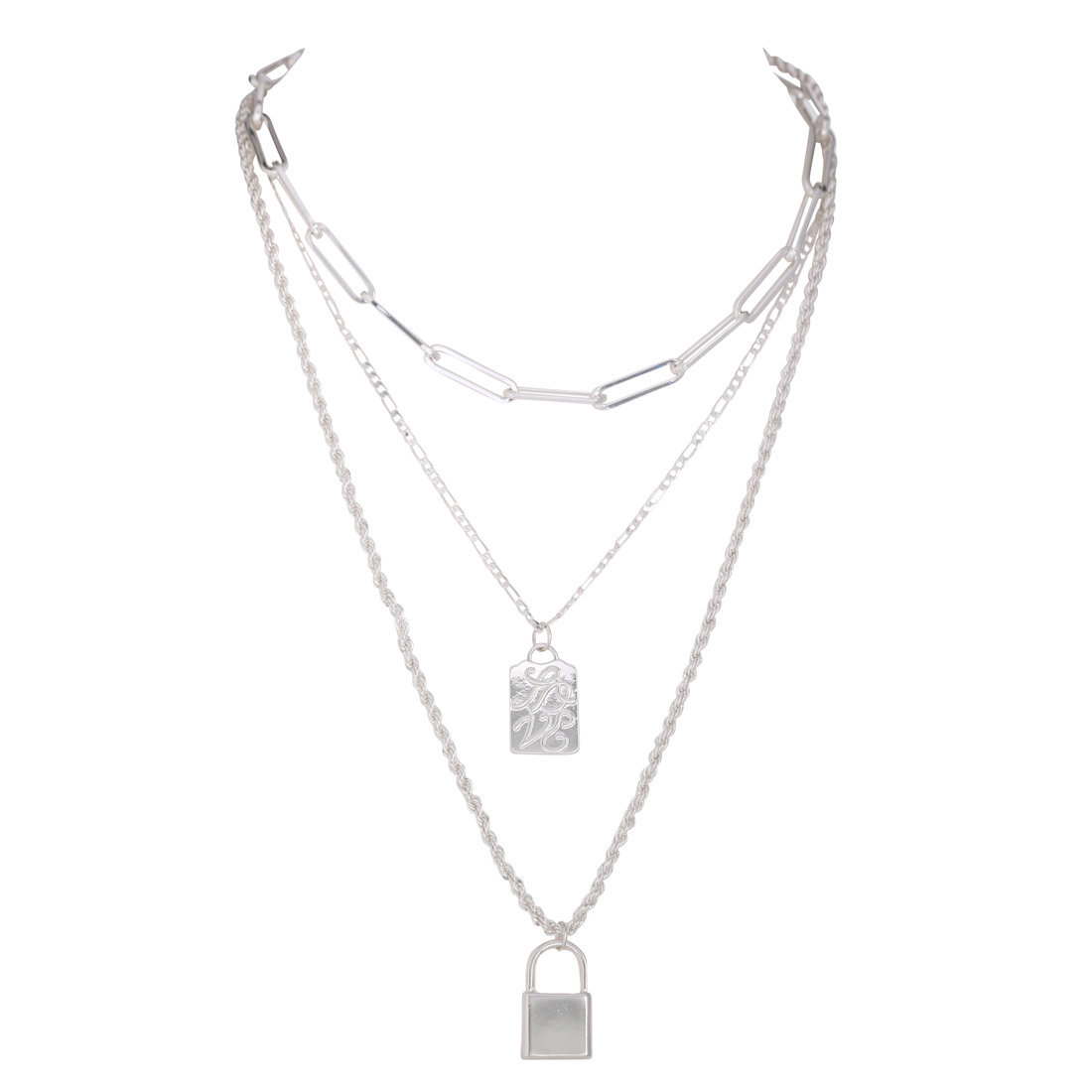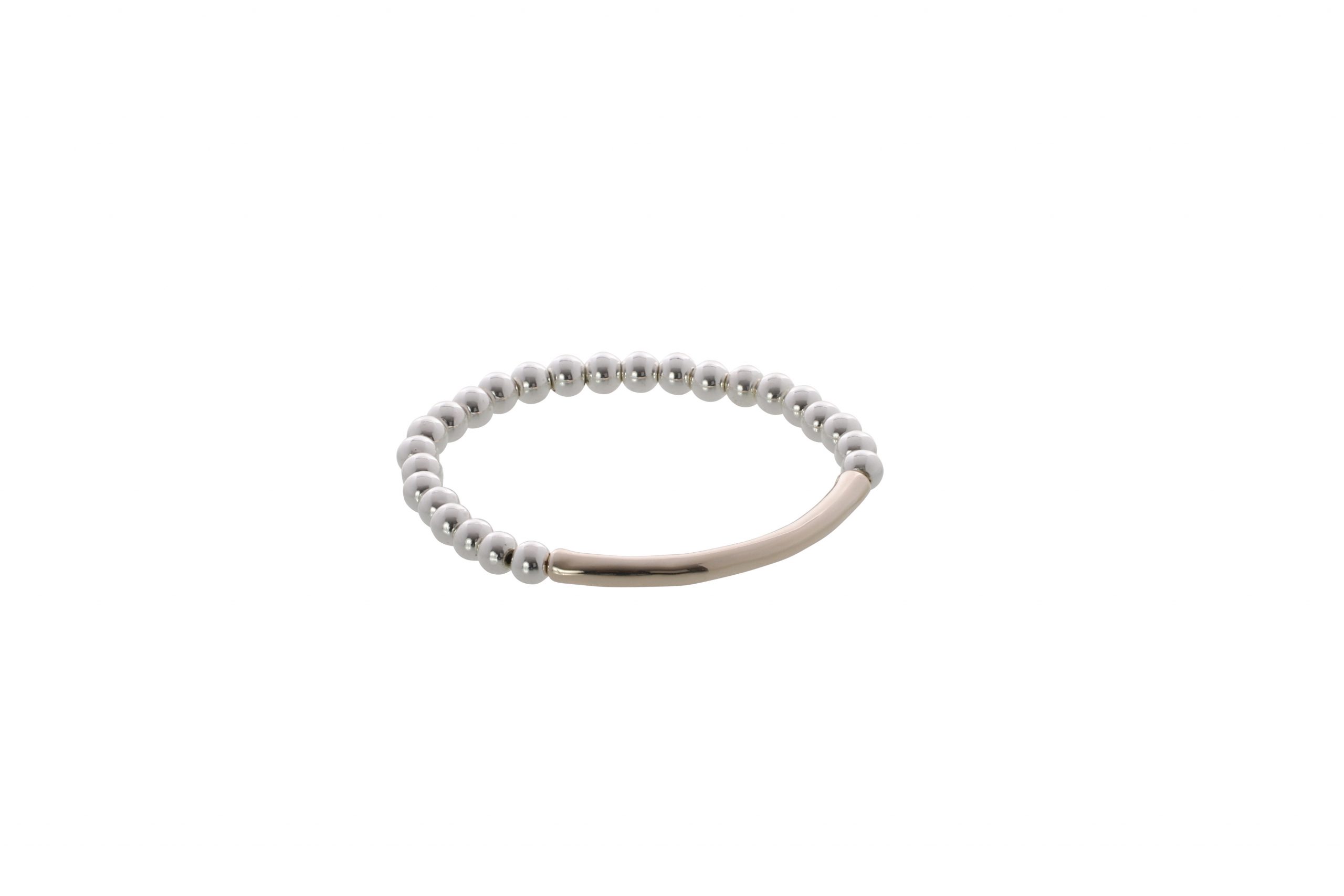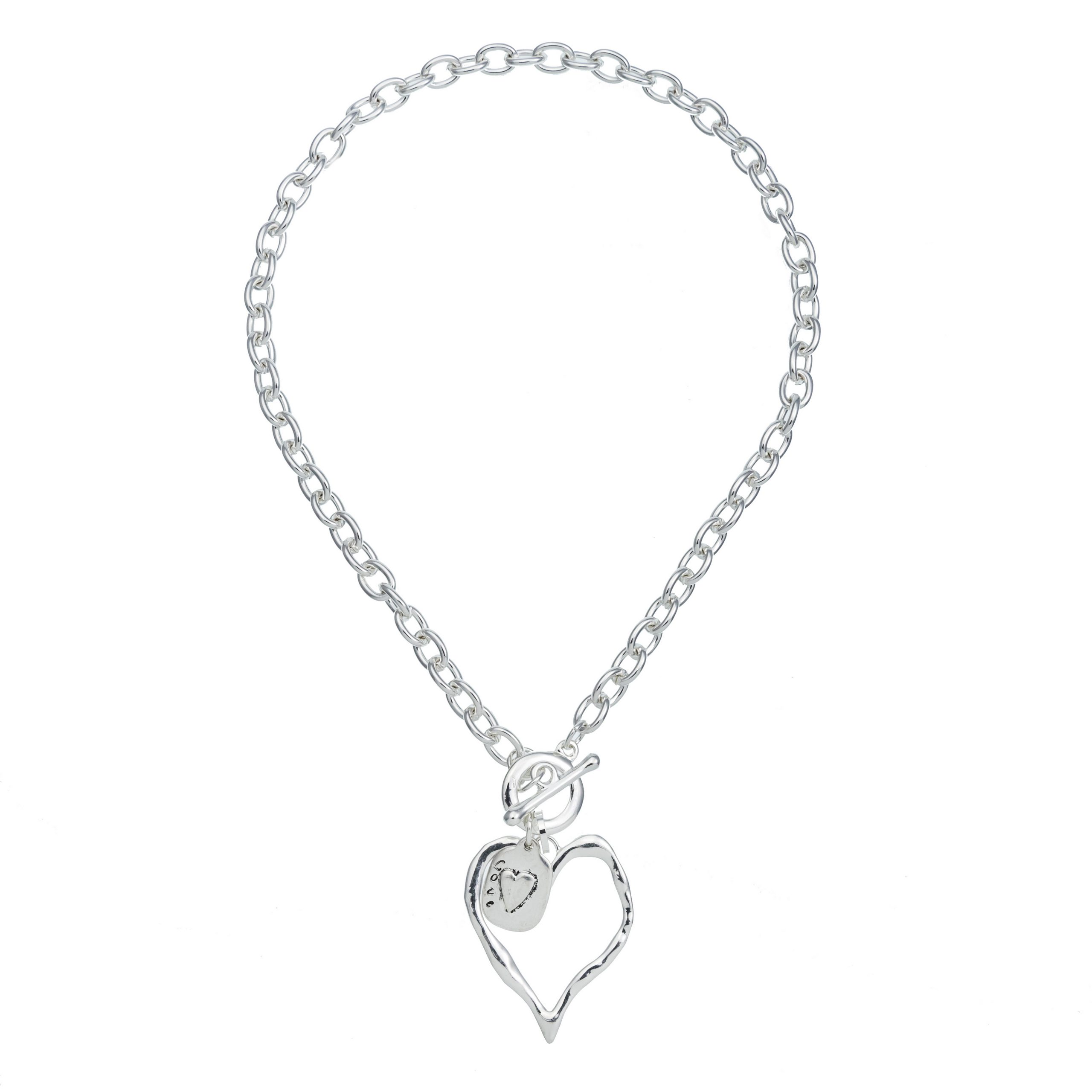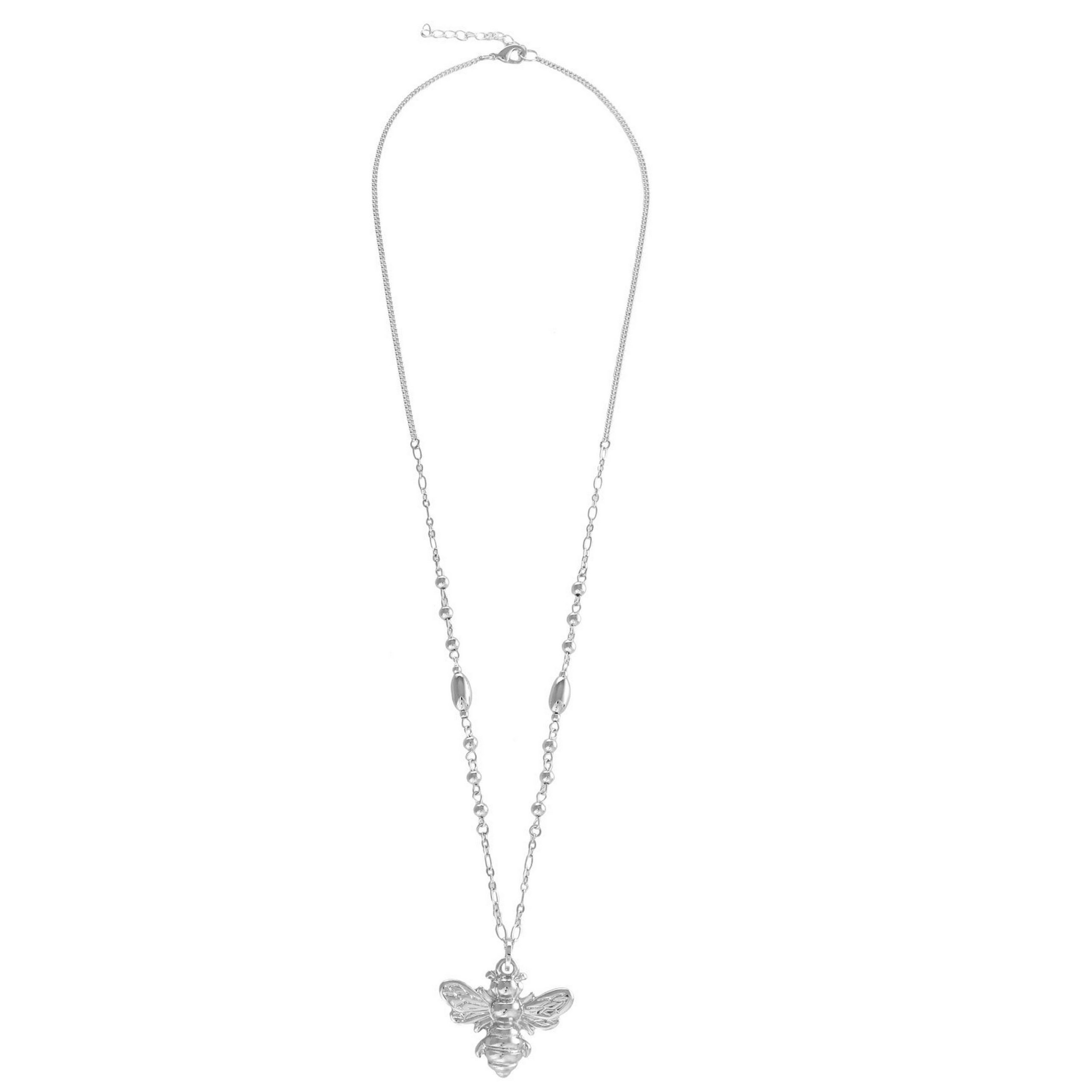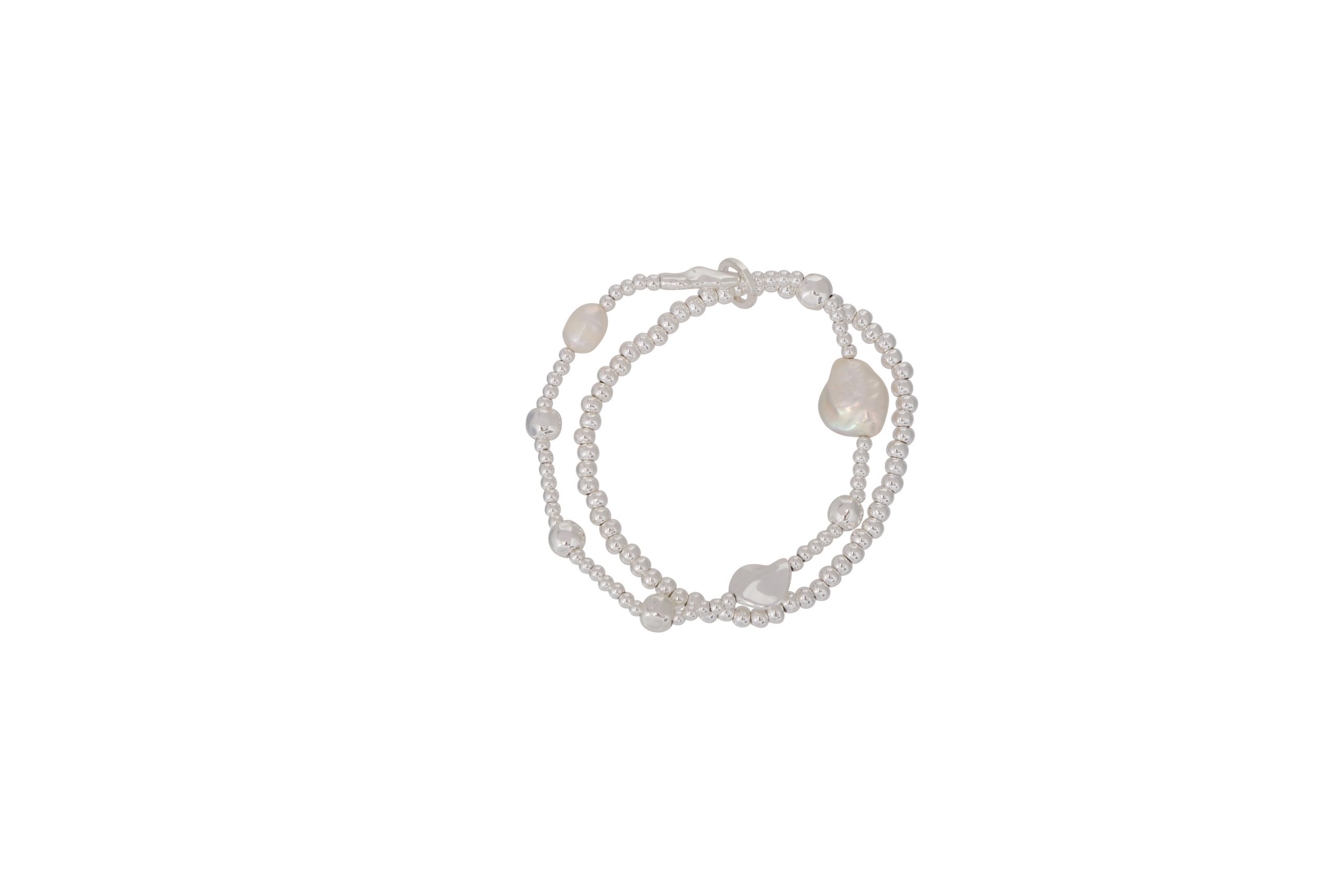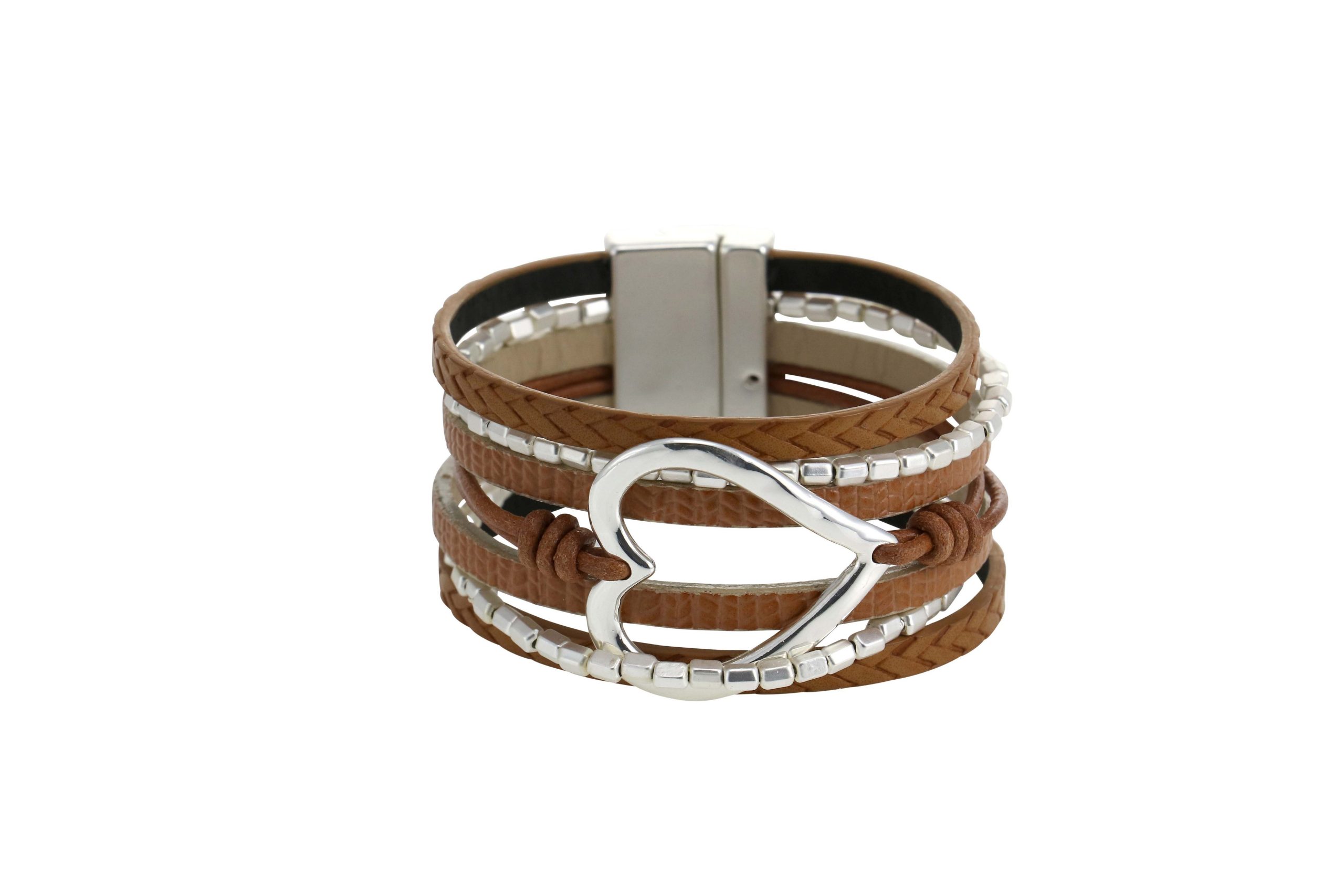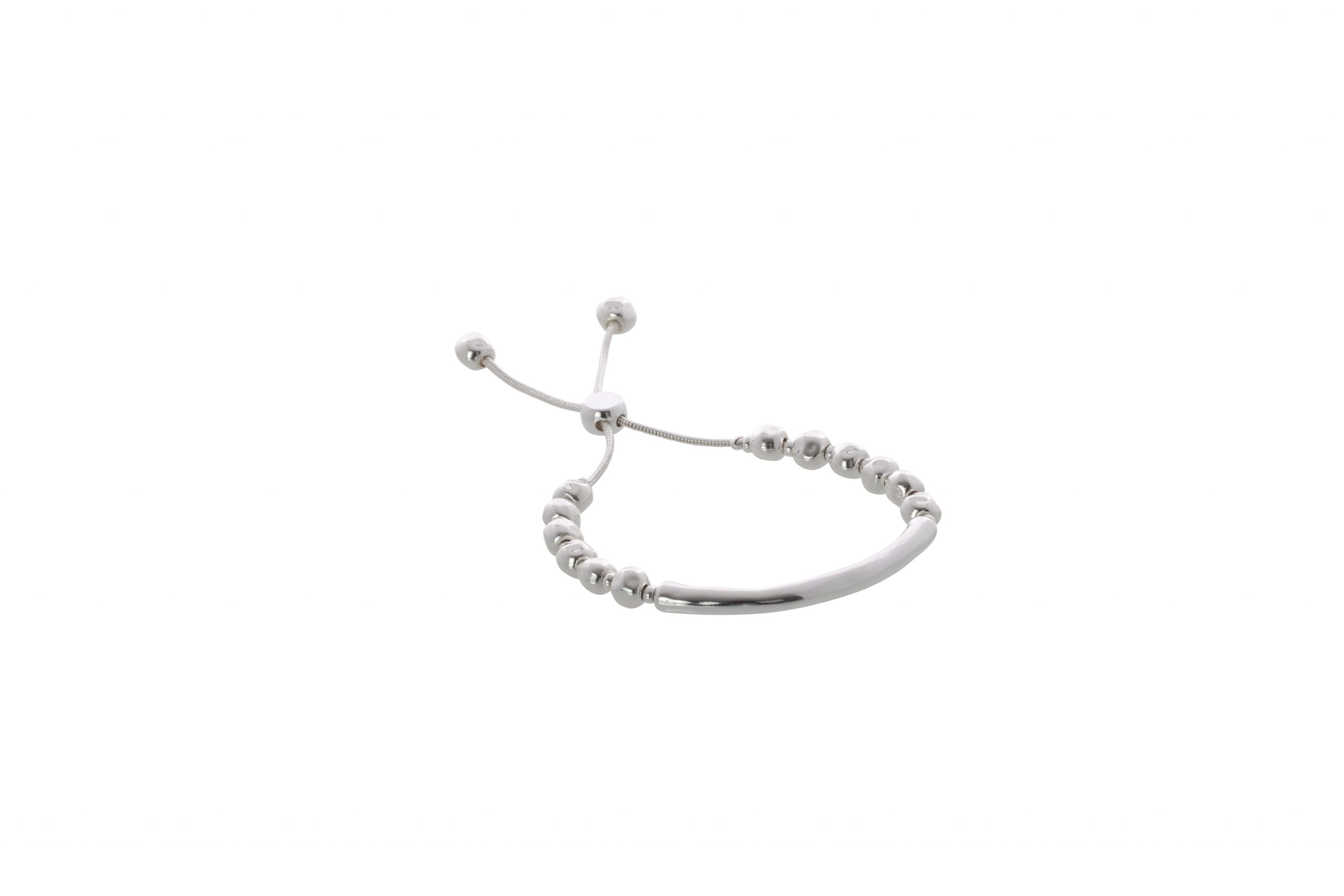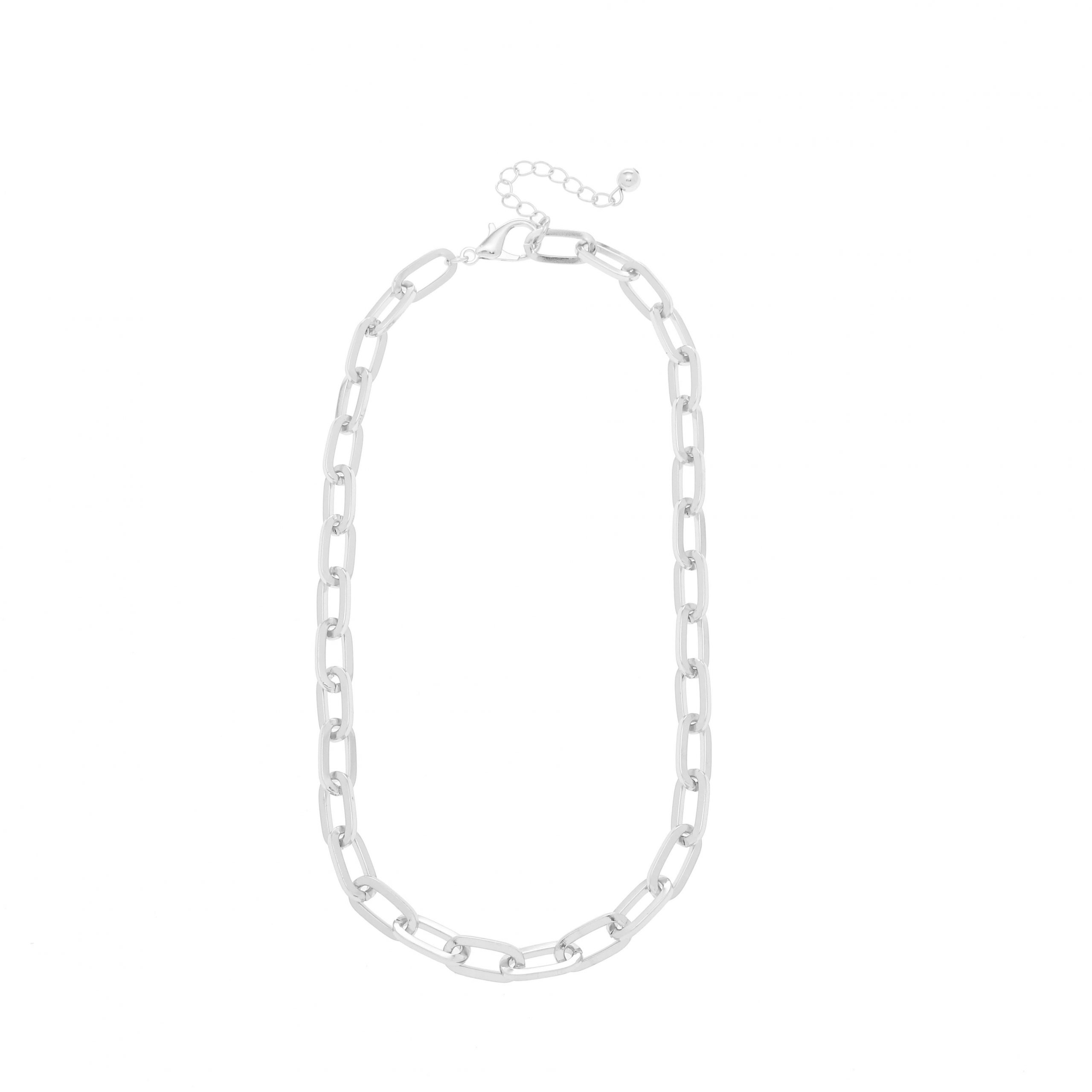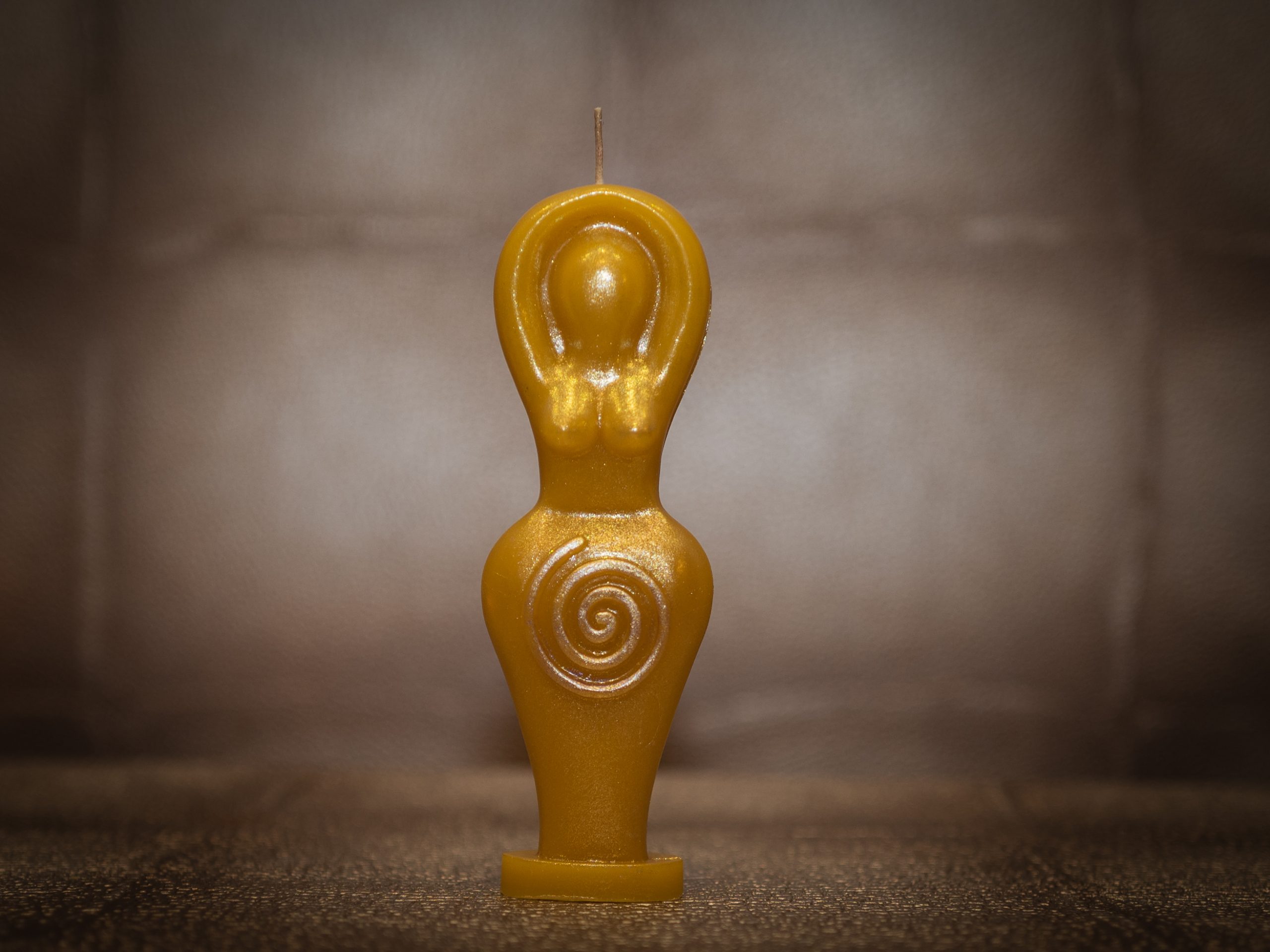I’m just about to give birth to my first child.It’s been a heck of a journey, being pregnant. To say that there were so many ups and downs would be a great deal of an understatement, and you can read all about my pregnancy journey from the very beginning to the very end through the blog, as well as my Instagram page. Nonetheless, no matter how much I’ve struggled throughout the nine months of carrying my baby to be, I’ll miss being pregnant and feeling my baby’s kicks in my belly once he’s here. He’s already a trooper even before birth. While in my womb, he survived a minor car accident, and one, but two grand-mal seizures.
Yes, it’s a lot. It’s definitely been a scary experience. Having gone through a high-risk pregnancy is no laughing matter. But knowing that my baby was safe and, as my doctors put it, happy, after each and every checkup made it all worthwhile for me. I can honestly say that I wouldn’t trade this experience for anything in a million years. For those of you that don’t know, I’d gone through infertility for years before I got pregnant. Though my husband and I had gone through IVF, it didn’t end up working, and we conceived on our own after we mutually decided we’d take a break for a couple of years to just enjoy ourselves.
There’s something about getting pregnant after so many struggles with infertility and having gone through IVF that feels a lot more special than if I were to et pregnant accidentally without even having to try or think about it. Jennifer Aniston reminded me of that as she recently opened up in an interview with Allure Magazine about her secret struggles with infertility in the past, how she didn’t end up getting pregnant despite having gone through the treatments, and the public scrutiny she faced for not ending up having children. Lets be clear about IVF – just because you go through IVF treatments, it’s not guaranteed that you’ll actually have children. I was told by my fertility doctor that based on my and my husband’s test results, there’d be only a 60% chance that IVF would work for us, whereas IUI wouldn’t work at all. Keeping that percentage rate is is important in my case as I’m considered to be a young, fertile woman. The success rates for IVF are 25.1 percent for maternal ages 38-40, and 12.7 percent for ages 41-42, according to data from the Society for Assisted Reproductive Technology.
Despite the hardships and the risk, as well as the toll, IVF could bring to my health, my husband and I decided to go ahead with the procedure. Unlike the pregnancy itself, my health was absolutely fine throughout the entire IVF process. It did, however, take a toll on my mental health and my overall physical state. And yes, I’ve said numerous times in different posts that when the first round of IVF didn’t end up working, we decided to take a break from it altogether for a year or two. But that decision was made as a compromise with my husband. It was actually him that suggested the idea that we wait and take a break from any fertility treatments. I, with much doubt and hesitation, obliged. After our embryo transfer didn’t work, I thought long and hard to myself whether having kids was even for me in the first place. I kept asking myself questions such as, ‘Is it all worth the hassle?’, Is it worth losing my mind over?’ ‘Is it worth risking my mental health over?’, Is it worth worsening my epileptic state over?’, ‘Is it worth us losing our financial stability over?’ and so on and so forth. I just didn’t know if IVF was the answer to everything. And if I were told that IVF treatments would be the only way for me to have kids, then maybe having kids wasn’t in the cards for me in my life.
As I kept asking myself these questions about my future, my future was looking brighter than ever because as what I didn’t know at the time was that I was ALREADY pregnant. It was a huge surprise for us. A great, happy surprise, but a surprise nonetheless. It was as if it was meant to be. And maybe it actually was meant to be. By the time I found out I was pregnant in March, I was already almost two months along. The next unquestionable step for me was was to get the genetic test for the embryo. I didn’t care how much it’d cost me to do it (about $800 CAD BTW). I needed to know that the embryo that would become a fetus that would then become a baby was at low risk. My husband asked me what we’d do in a scenario where we’d be told the baby would be high risk of having a disability, I said, I’ll have an abortion.’ I said that without any hesitation in my mind. There was nothing to discus. It was my choice, and my choice only.
The tests results showed low risk of any genetic illnesses, and I went on with the pregnancy as any other woman. I didn’t have an ideal pregnancy, to say it lightly. As I mentioned before, I was involved in a car accident and suffered two grand-mal seizures. There were a lot of hospital visits, health scares, and miscarriage scares. Despite all that, though, I’m feeling grateful to have been able to have a healthy pregnancy with each appointment leaving me with nothing but good news. Many women out there don’t get to have that for one reason or another. Some women don’t get to be pregnant or have children of their own altogether. There are different ways to become a mother of course, but the ideal way is always the natural way. And when the natural way doesn’t work, as a woman, you keep wondering to yourself why your body doesn’t do its job.
When Aniston initially got divorced from Brad Pitt in 2005, the public judged her and made assumptions that she chose her career over having children with her husband as her career skyrocketed even further after the end of ‘Friends’. In 2016, Aniston wrote an op-ed letter for The Huffington Post where she opened up about the struggles of being judged by her choices as a woman. She wrote, “Here’s where I come out on this topic: we are complete with or without a mate, with or without a child. We get to decide for ourselves what is beautiful when it comes to our bodies. That decision is ours and ours alone.”
Becoming a mother, no matter what way a woman does so, is a choice in itself, or at least it should be. When I was about 5 months pregnant, I still wasn’t showing and I could still get away with wearing my regular clothes. A friend of my mother-in-law, who I just met for the first time, out of the blue, asked me when my husband and I were having children. I was far enough along at the time to be comfortable to open up about my pregnancy, so I told her I was due in November. Now that I look back, however, I regret ever telling her anything. What I should’ve said to her was that my body and my uterus wasn’t any of her concern, nor was it anyone’s concern but mine and mine only.
Not only is a woman having children should be a choice, but literally everything a woman does should be a choice. If a woman wants to be single for the rest of her life, don’t judge her. If a woman wants to be successful in her career, don’t judge her. If a woman decides to live a childless life, don’t judge her. Men aren’t ever judged or questioned for making decisions such as that, and yet women always are, even in 2022. This narrative has to stop, because at the end of the day, no matter what lives we choose to have for ourselves, the most important thing in the world is that we’re happy.
Sign up to our newsletter if you want to see more content from The Graceful Boon! By signing up to our newsletter, you'll get an even more in-depth content from yours truly, Stacie Kiselman, who's our Graceful Boon, that you won't want to miss out on.
